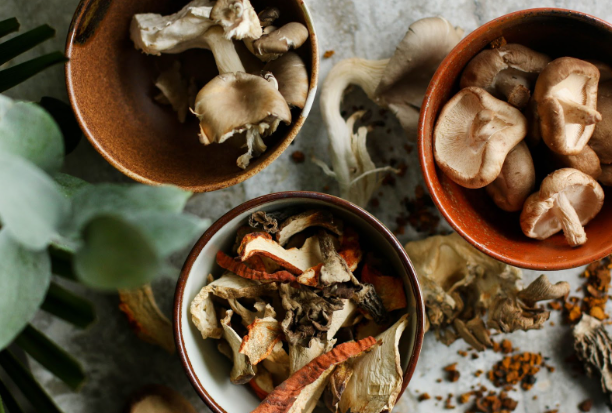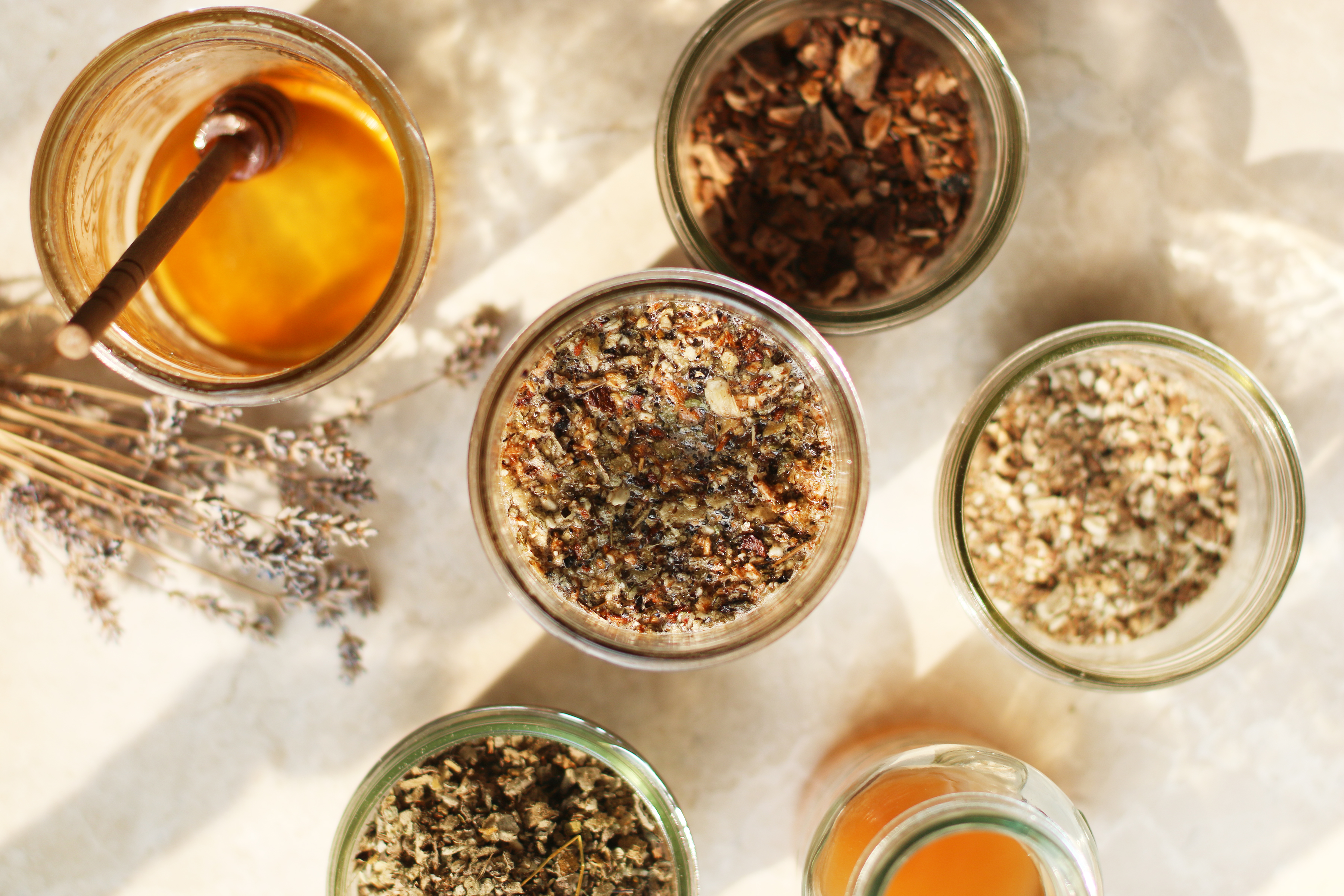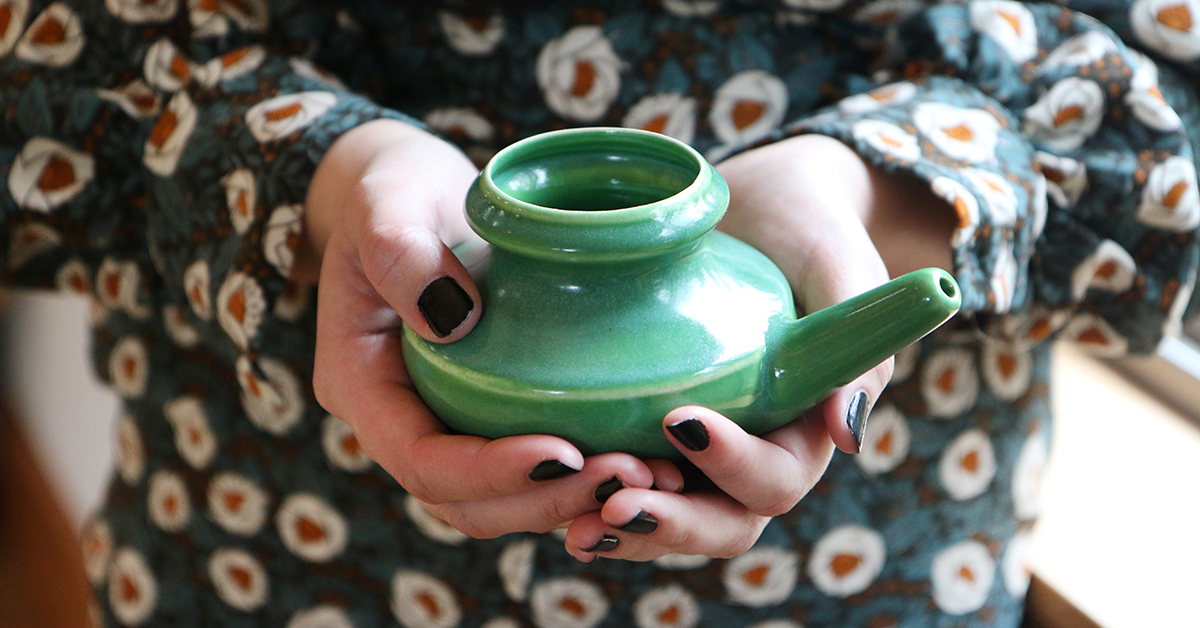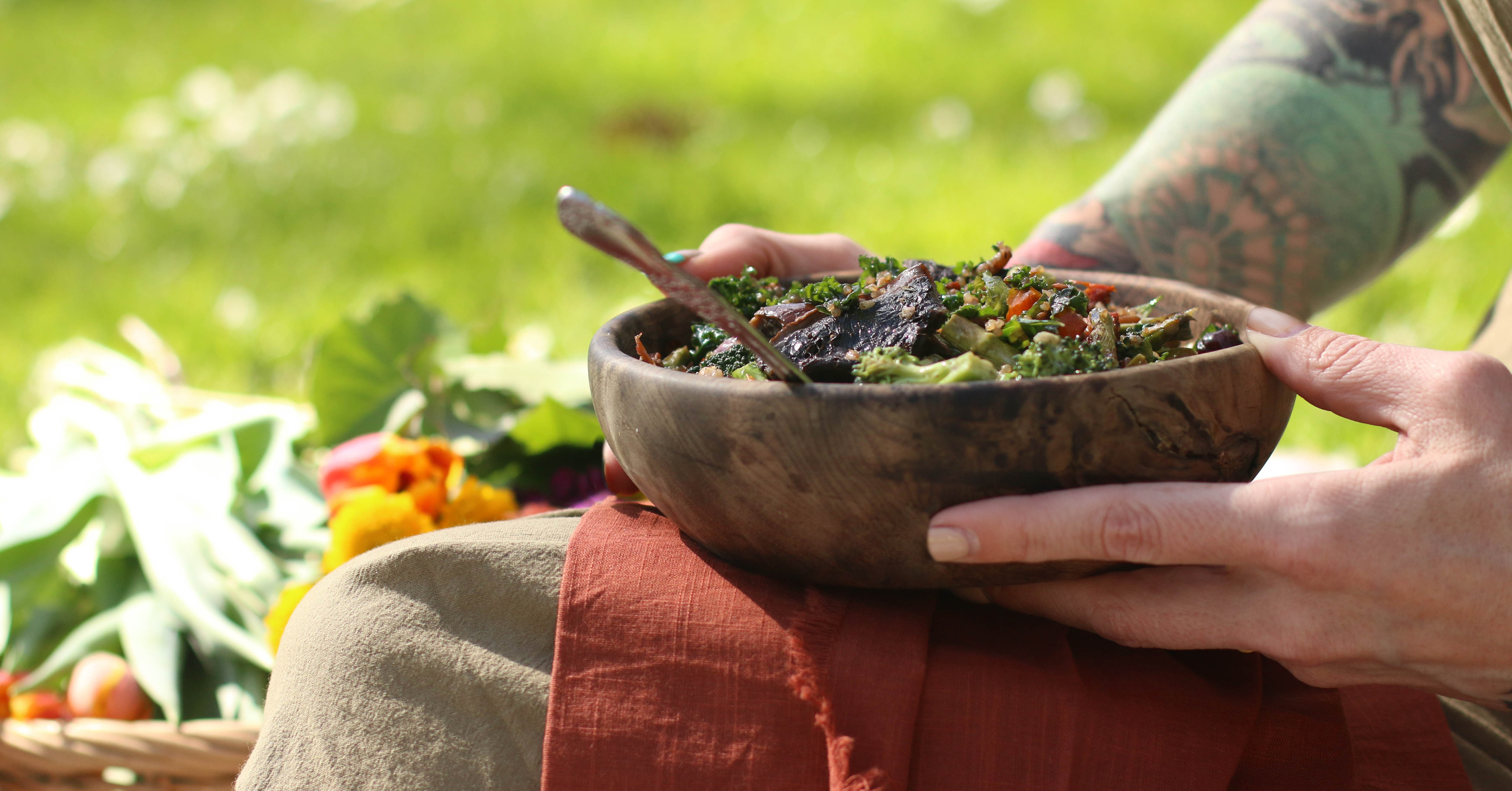6 Ways to Stay Healthy During Wildfire Season
As climate change intensifies, wildfires are becoming more frequent and severe, sending harmful smoke particles into the air. These tiny particles can penetrate deep into the lungs, causing respiratory irritation and exacerbating conditions like asthma and COPD. Even those without pre-existing conditions can experience symptoms such as coughing, wheezing, and shortness of breath. It's essential to protect yourself by staying informed about air quality conditions and taking precautions to reduce exposure.
Vulnerable populations are at increased risk. Children, the elderly, pregnant women, and individuals with chronic health issues are particularly susceptible to the health impacts of wildfire smoke. The young and old have developing or declining immune systems, while pregnant women and those with underlying conditions have compromised respiratory function. It's crucial for these groups to take extra precautions to safeguard their health during wildfire season.
Key Takeaways
- Monitor Air Quality: Use apps like AirNow to keep track of the Air Quality Index (AQI).
- Stay Indoors: Keep windows and doors closed and use air conditioners in recirculate mode.
- Use Protective Gear: Wear N95 or N100 respirators when outside.
- Strengthen the Immune System: Use medicinal mushrooms and tonic herbs.
- Detox and Soothe: Utilize herbs for lung support, sinus health, and liver detox.
How can I protect myself from wildfire smoke?
Prevention is always the best medicine. Download the AirNow.gov app to keep track of the Air Quality Index (AQI) in your area. Stay indoors as much as possible when air quality is poor. Keep windows & doors closed, and put air conditioners on “re-circulate” mode. You can also purchase a HEPA filter for your home or workspace. If you will be outside for an extended period of time, wear a N95 or N100 respirator. Furthermore, this is a good time to avoid additional toxic burdens on the body, such as smoking/vaping, alcohol, fried foods, processed foods & refined sugars.
Tips:
Know the Air Quality: Use the AirNow.gov app to monitor the AQI in your area. Stay indoors when it's high.
Seal Your Space: Keep windows and doors closed. Run air conditioner on recirculate to filter air.
Protect Your Lungs: Wear an N95 or N100 respirator for extended outdoor activities. Reduce intake of toxins like smoking and alcohol.
How can herbs bolster my immune defenses?
Starting with a healthy immune system can help reduce complications from smoke exposure. Medicinal mushrooms such as reishi, cordyceps, chaga, and turkey tail have been extensively studied for their benefits for overall immune health. Our Mushroom Champions Adaptogen Blend tincture is an easy way to incorporate these fungi into your daily routine. In addition, tonic herbs from Eastern Asian medicine such as astragalus have a history of use for supporting the lungs and immunity. You can find astragalus in our Back to School tincture and read more about the traditional Jade Wind Screen formula on our blog.

Tips
Harness Mushroom Power: Incorporate medicinal mushrooms like reishi, cordyceps, and chaga into your diet for immune support.
Embrace Adaptogens: Consider using astragalus, a tonic herb known for its lung and immunity benefits.
Explore Traditional Formulas: Learn about ancient wisdom like the Jade Wind Screen formula for holistic health support.
Which herbs can help the lungs after smoke exposure?
Demulcent herbs such as marshmallow root, licorice root, and mullein contain polysaccharides that coat the respiratory and digestive tracts. They soothe irritation and moisten dry mucous membranes.
If you’re struggling with a cough, herbs traditionally used to clear mucus and calm coughing include yerba santa, elecampane, and wild cherry bark. All of these lung-supporting herbs can be found in our Respiratory Recoup Lower Respiratory Support tincture, or try making your own lung support oxymel.

Tips:
Coat and Calm: Demulcent herbs like marshmallow root, licorice root, and mullein soothe irritated airways and protect mucous membranes.
Clear and Calm: For coughs, try yerba santa, elecampane, or wild cherry bark to clear mucus and ease coughing.
Ready-Made Relief: Explore pre-made formulas like Respiratory Recoup tincture or create your own lung support oxymel.
How can herbs help support sinus congestion from smoke?
Whether or not you suffer from seasonal allergies, the many toxins and particles in wildfire smoke can cause itchy eyes, stuffy nose, and uncontrollable sneezing. Herbs to help reduce reactivity include ragweed, nettles, and goldenrod, as well as supplements like quercetin or Natural D-Hist capsules. Goldenseal (always buy certified organically grown!) and yerba mansa can help astringe boggy tissues and combat pathogens trying to set up shop once you’re congested. We love using our Clear Passage tincture for snot-busting sinus support. Other ways to clear out the sinus include using a neti pot or a steam inhalation using essential oils of eucalyptus, thyme and/or peppermint.

Tips:
Soothe and Protect: Reduce reactivity with herbs like ragweed, nettles, and goldenrod. Consider supplements like quercetin or Natural D-Hist.
Dry Up and Fight: Use goldenseal (organic) and yerba mansa to shrink swollen tissues and combat infections.
Flush and Breathe: Clear sinuses with a neti pot or steam inhalation using eucalyptus, thyme, or peppermint essential oils.
Which herbs can help with liver detox after smoke exposure?
Flavonoid-rich foods, herbs, and spices including red & blue fruits, green tea, turmeric and rosemary are known for their antioxidant activity. Glutathione as a supplement, or incorporating precursors like onions, garlic, dark leafy greens, and legumes in the diet, help support liver detox pathways, many of these foods are rich in dietary fiber which supports colon health. For deeper liver support, add herbs like milk thistle, turmeric, and dandelion root, as well as reishi mushroom and schizandra berry. Learn more about liver detox on our blog.

Tips:
Nourish with Antioxidants: Enjoy flavonoid-rich foods like berries, green tea, turmeric, and rosemary to combat oxidative stress.
Boost Detox Pathways: Incorporate glutathione-rich foods like onions, garlic, leafy greens, and legumes.
Deepen Liver Support: Consider herbs like milk thistle, turmeric, dandelion root, reishi mushroom, and schizandra berry for extra care.
How can herbs help calm my nervous system?
Nervine herbs such as skullcap, California poppy, milky oats, passionflower, and chamomile are some of our favorite allies for soothing frayed nerves. Our Tranquility Mood Support tincture can help take the edge off during hectic days, whether you’re on the front lines or you’re caring for kids cooped up when it’s unhealthy to go outside. For the kids (or those sensitive to alcohol), our alcohol-free Calm Kid glycerite can add an extra dose of calm. If you’re looking for healthy sleep, our Sweet Dreams tincture can help you get the zzzs you need to recuperate.
Whether you’re facing an evacuation, or you are in the path of wildfire smoke, we hope that you make it through wildfire season safely. Some additional resources we recommend include:
- CalFire’s Ready, Set, Go! website has lots of great resources from protecting your home to preparing an emergency kit.
- AirNow.gov website or smartphone app allows you to check the air quality index (AQI)
- Download the WatchDuty app to get alerts on fires near you
- Herbal Wildfire Resources from Farmacopia in Santa Rosa, California
Tips:
Embrace Nervines: Use herbs like skullcap, California poppy, or chamomile to soothe anxiety and frayed nerves.
Explore Pre-Made Blends: Consider our Tranquility tincture for daytime calm, or Sweet Dreams tincture for restful sleep.
Alcohol-Free Options: For kids or sensitive individuals, try our Calm Kid glycerite for peace of mind.
Final Thoughts
Wildfire season brings health risks due to smoke inhalation. This blog offers practical tips to stay safe: monitor air quality, limit outdoor exposure, wear proper masks, and consider using herbs for immune support, lung health, sinus relief, and liver detox.

